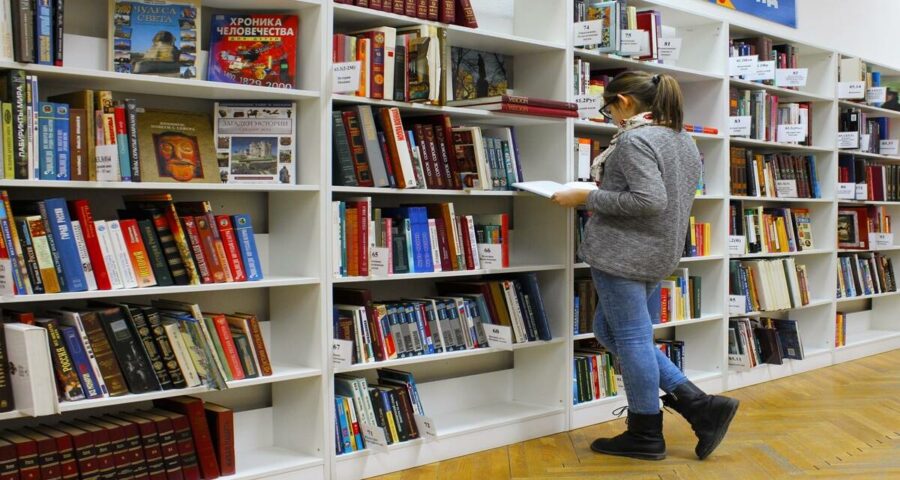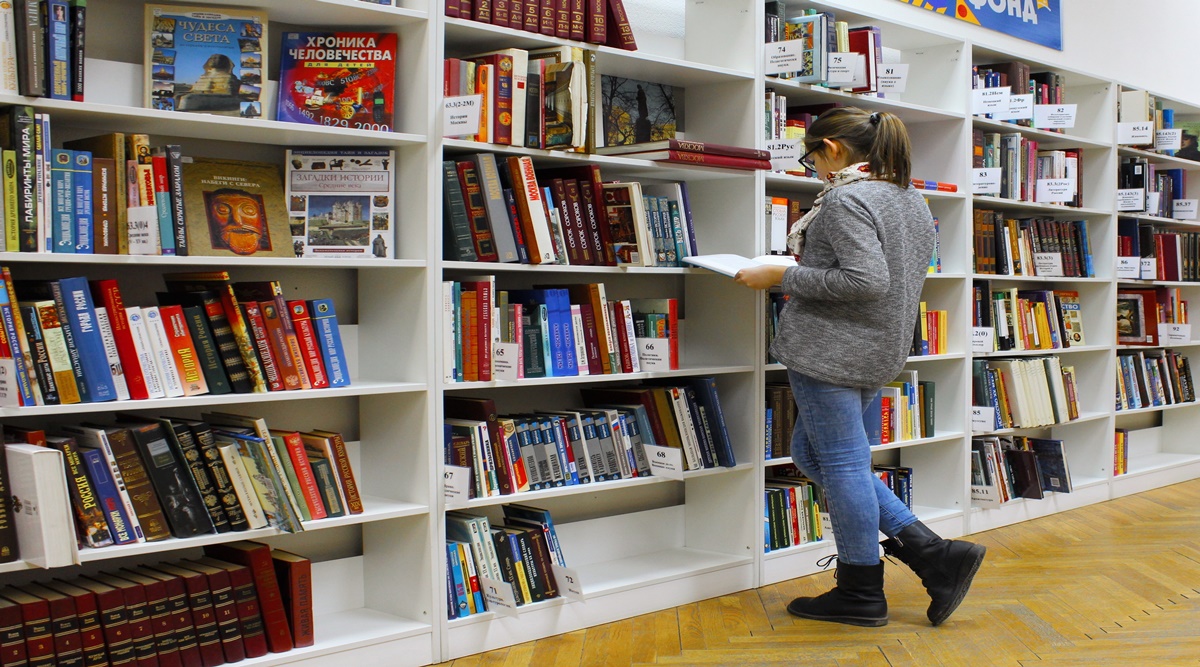On successful completion of the programme, students will receive a recognised CertHE qualification from the University of Cambridge, and with suitable attainment can progress to degrees in the Arts, Humanities and Social Sciences at Cambridge without the need to apply to the University again.
The University of Cambridge on Wednesday launched a free one-year foundation year course targeted at talented students from backgrounds of educational and social disadvantage in the UK as a new route to address the world-renowned institution’s diversity agenda.
The one-year course is aimed at a new stream of applicants who have the ability to succeed at Cambridge University, but have been prevented from reaching their full potential by their circumstances.
The university says it will prepare them for further learning and offer them the chance to progress straight to an undergraduate degree at the university.
The launch of the Cambridge foundation year will open up Cambridge to a new field of candidates and transform lives, said Professor Stephen Toope, Cambridge Vice-Chancellor.
Students will be drawn from a range of backgrounds, the common link being that their circumstances have prevented them from realising their academic potential. They will benefit from our personal approach to teaching and grow in confidence and understanding, and we will benefit from them joining and further diversifying our community, he said.
The Foundation Year course offers full one-year scholarships to all students accepted as part of this new course as a result of a 5-million pounds gift from philanthropists Christina and Peter Dawson.
Up to 50 foundation year students will arrive at Cambridge in the programme’s first intake in October 2022, after applying directly through Universities and Colleges Admissions Service (UCAS) by the January 2022 deadline, and undergoing interviews and assessments to identify their aptitude.
Those who have been in care, those estranged from their families, and those who have missed significant periods of learning because of health issues are among the groups the Foundation Year aims to reach students whose education has been disrupted and are therefore unlikely otherwise to be able to make a competitive application to undergraduate study at Cambridge through the University’s standard admissions process.
Other possible candidates include students who have been unable to access suitable qualifications, those from low-income backgrounds, and those from schools which send few students to university.
Professor Graham Virgo, Senior Pro-Vice-Chancellor for Education, said: The University’s work to explore new ways of widening access and closing the attainment gap caused by inequality is absolutely vital at a time when those the Foundation Year is aimed at who already face exceptional disadvantage are likely to have felt the impact of the Covid-19 pandemic disproportionately.
Cambridge is committed to further diversifying its student body and welcoming all those who have the ability to achieve here, regardless of background.
In video | How to plan study abroad?
The students will study at one of the 13 Cambridge colleges participating in the pilot scheme, and will benefit from the community, support and academic stimulation this offers, which is intrinsic to the Cambridge experience. They will study an engaging and challenging multi-disciplinary curriculum in the Arts, Humanities and Social Sciences that will prepare them for further study in these subjects. It is anticipated that as the Foundation Year programme develops, more subjects could be added, for example STEM [Science, Tech, Engineering and Mathematics] subjects.
On successful completion of the programme, students will receive a recognised CertHE qualification from the University of Cambridge, and with suitable attainment can progress to degrees in the Arts, Humanities and Social Sciences at Cambridge without the need to apply to the University again.
Students will also be supported during the programme in finding alternative university places if they do not wish to continue to undergraduate study at Cambridge, or do not meet the required level of attainment.
Indeed, the need for this Foundation Year has become ever clearer as the pandemic has exacerbated inequities and disadvantages. Peter and I are firmly committed to doing whatever we can to support Cambridge in addressing educational disadvantage in wider society, and are thrilled to have enabled the launch of such a ground-breaking and impactful programme, said Christina Dawson.
It is expected that the Foundation Year will further increase the proportion of Cambridge students from state-funded schools, low progression postcodes of the UK and from areas of socio-economic deprivation
Source: Read Full Article


